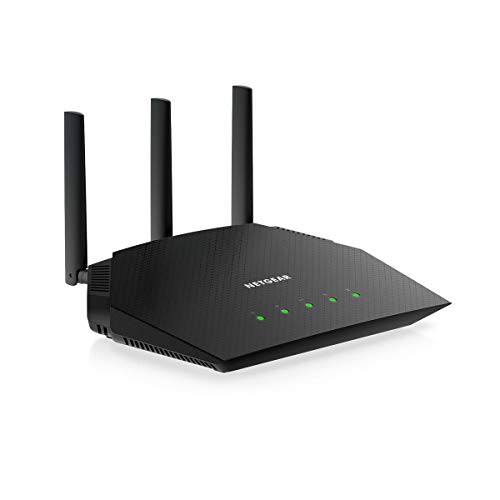Computer networking refers to the practice of connecting multiple computers or devices together to share resources and communicate with each other. This can be done through wired or wireless connections, and can range from small home networks to large enterprise networks.
The top features that make computer networking products best for everyday use are:
-
Reliability: A reliable network ensures that devices can communicate with each other consistently and without interruption, reducing downtime and improving productivity.
-
Security: A secure network protects sensitive data and prevents unauthorized access, reducing the risk of data breaches and other security threats.
-
Speed: A fast network allows users to transfer data quickly and efficiently, improving productivity and reducing wait times.
-
Scalability: A scalable network can grow and adapt to changing needs, allowing users to add new devices or expand their network as needed.
-
Ease of use: A network that is easy to set up and use reduces the need for technical expertise and makes it more accessible to a wider range of users.
-
Compatibility: A network that is compatible with a wide range of devices and operating systems allows users to connect and communicate with a variety of devices, improving flexibility and productivity.
-
Remote access: A network that allows for remote access allows users to access their devices and data from anywhere, improving flexibility and productivity.
Overall, a computer networking product with reliability, security, speed, scalability, ease of use, compatibility, and remote access is best for everyday use.



